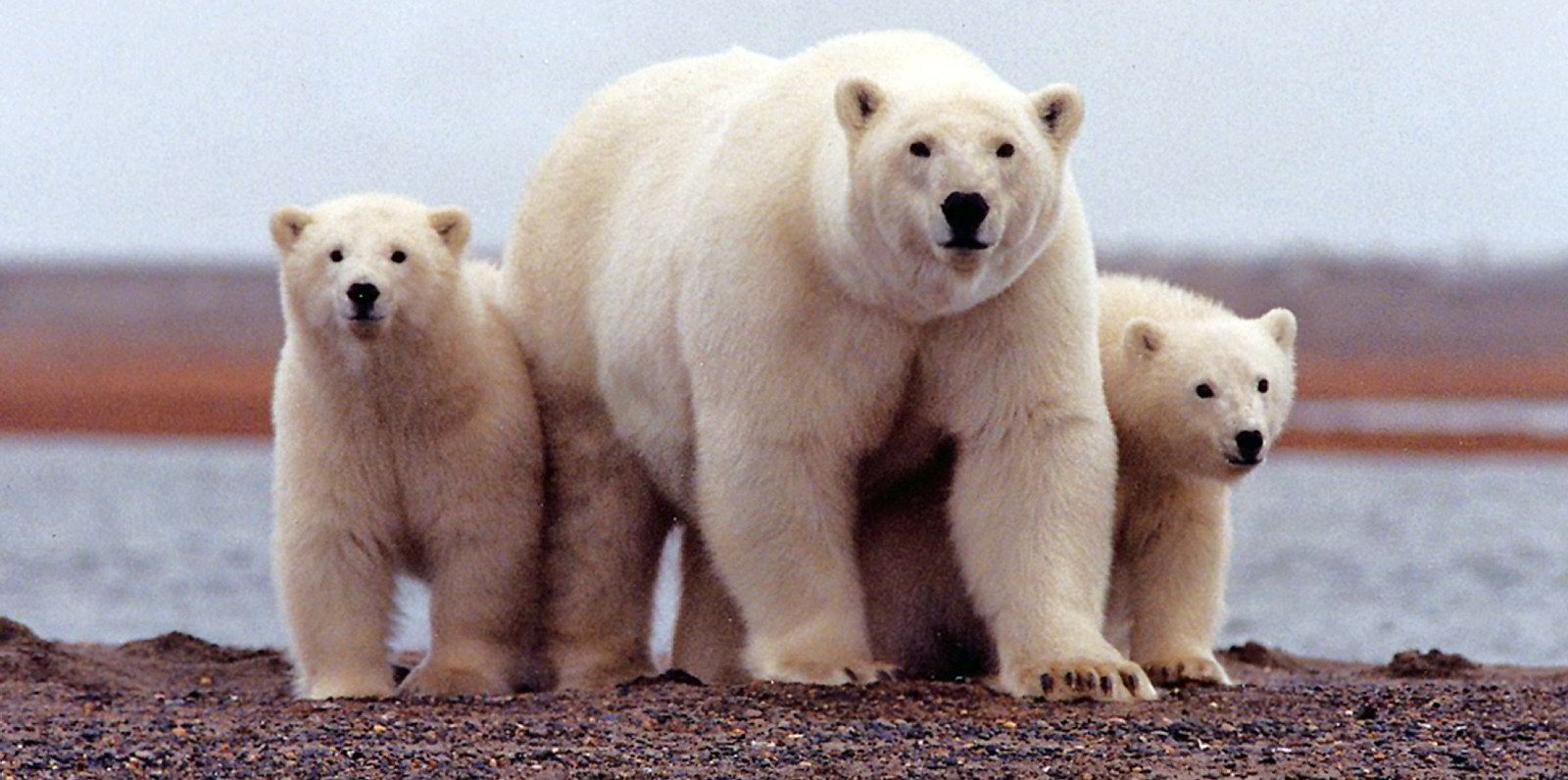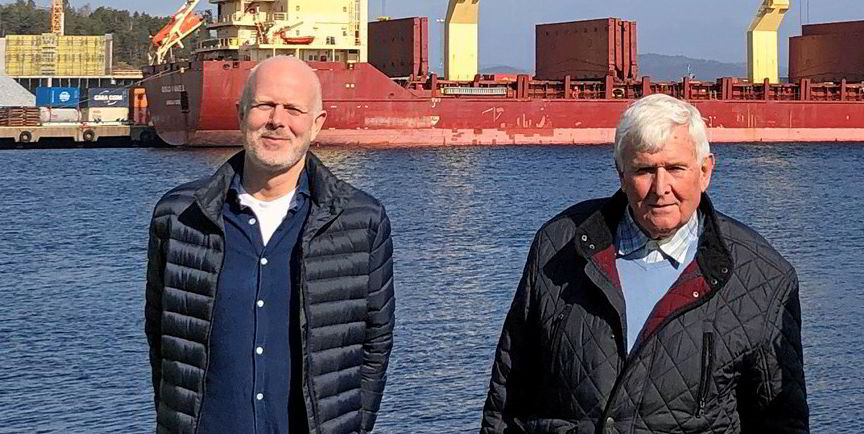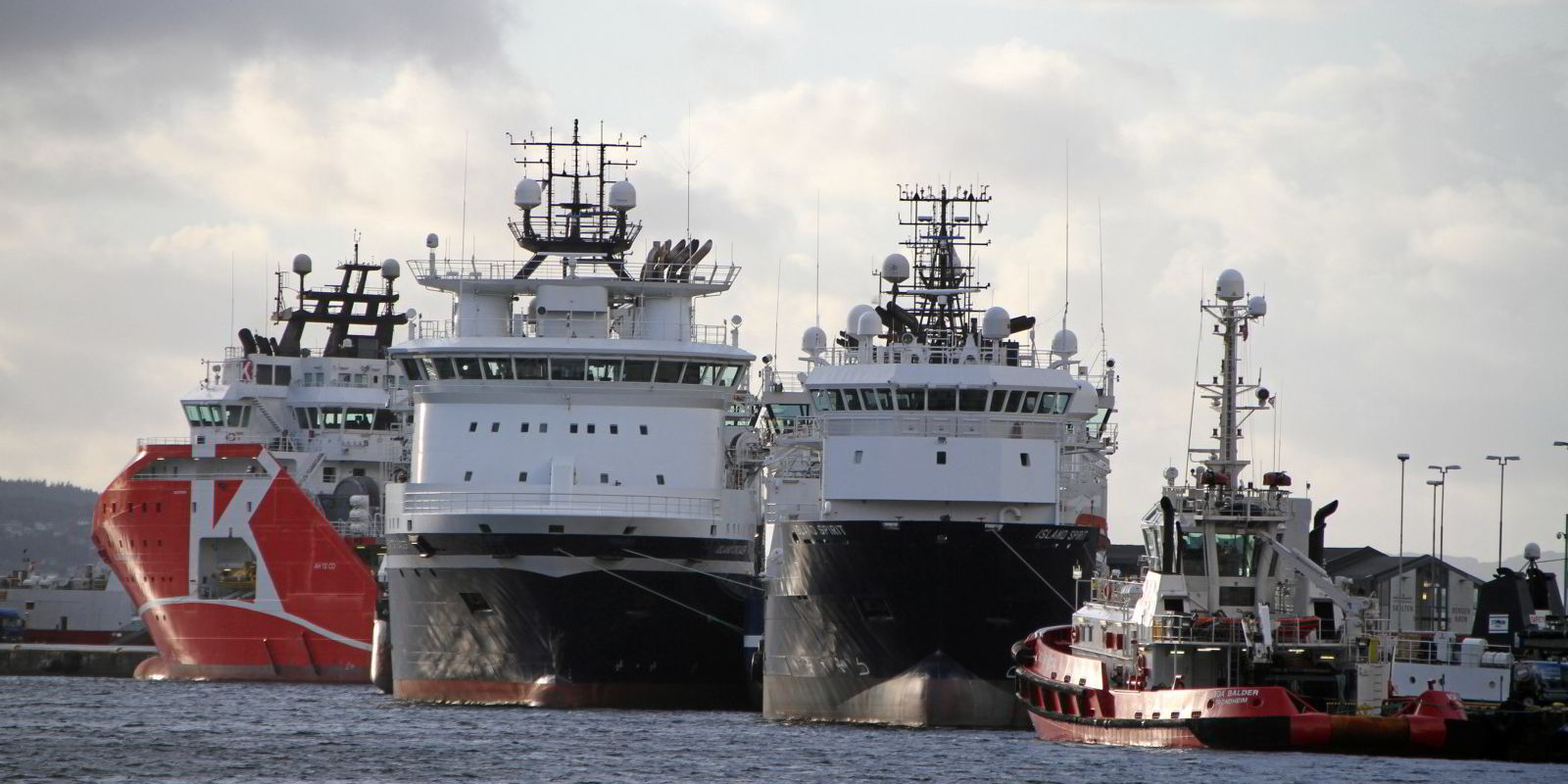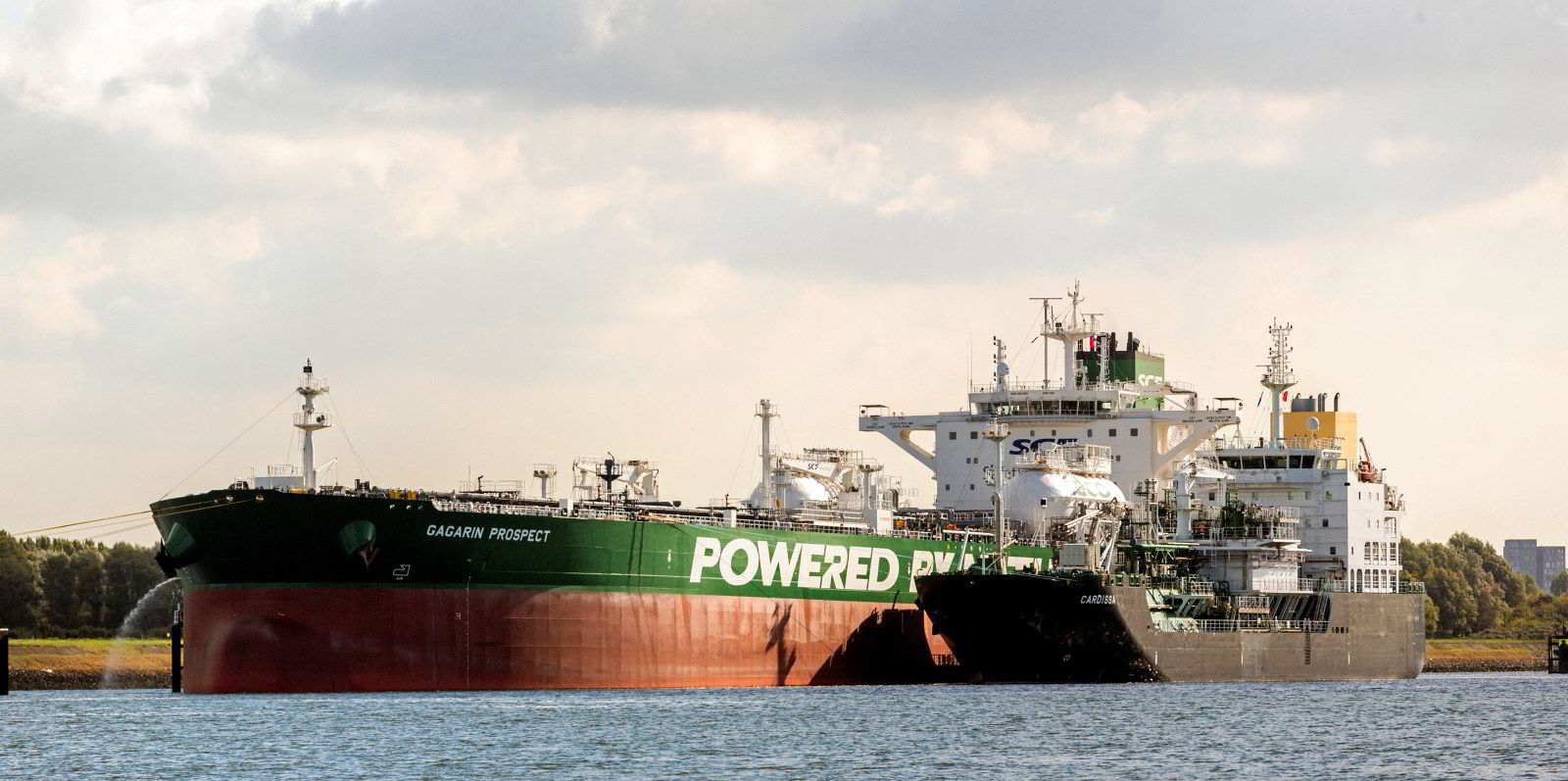In February, a LNG carrier made a historic journey through the waters of the Arctic. It was the first February journey that a full-size merchant ship took the Northern Sea Route — the icy path across Arctic waters north of Russia.
While it may be a triumph for shipowner Sovcomflot (SCF Group) and for Russia that vessels can now ply their trade on this route so deep into winter, it is also a sad milestone in the history of climate change.
As the Arctic thaws and technology advances, one of earth's final frontiers is increasingly becoming open for business.
But it comes at a time when both the energy and shipping sectors, and related industries, are changing their tune about their role in mitigating climate change.
And that is why there has never been a better time for Big Oil — or Big Energy as it would likely prefer to be called now — and the industries that serve it to get behind efforts to put the brakes on what could be a looming threat to the Arctic: expanded offshore drilling in the region.
Low oil prices have helped put a lid on efforts to drill in the harsh environments in these northern climes, but that is not likely to last forever. Oil prices may rise, and capital expenditures for drilling there may decrease as technology improves further and as a warming climate makes those environments less inhospitable.
The risk is a feedback loop that is not that different from the greenhouse effect that helps feed climate change: a warming climate makes the Arctic Ocean more accessible, but the oil and gas resources contained below its waters will undoubtedly serve to contribute to further warming if exploited.
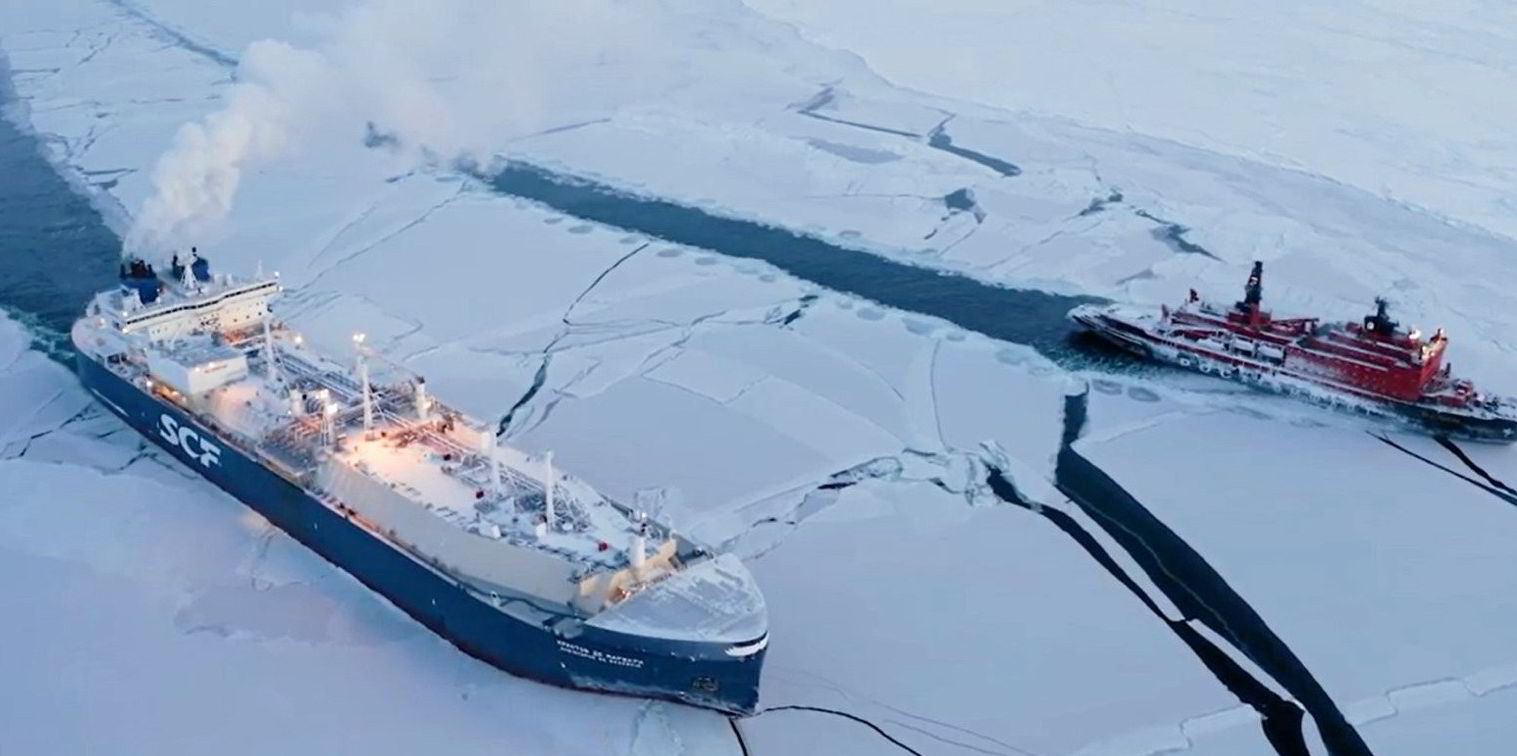
As TradeWinds has reported, this is likely to be seen as a positive sign for offshore vessel owners, which could use some good news after a punishing market.
But in another Arctic nation, US President Joe Biden halted new leases for Arctic drilling just hours after taking office in January, demanding a deeper review into the environmental impacts.
His move came as oil and gas companies are increasingly rethinking their focus on these commodities, shifting their focus to become broader energy companies to give more sustainable energy sources a higher profile in their portfolios.
Major names in fossil fuels production — BP, Shell, Equinor and Total, for example — are now setting public goals to become carbon neutral.
It is time for more Arctic countries ... to determine whether it is worthwhile to drill in a region where the environment is fragile and emergency response resources are limited
Still, Norwegian government-controlled Equinor, even after taking the word "oil" out of its name, is among bidders aiming for an upcoming licensing round in the Norwegian Sea and Barents Sea, as TradeWinds' sister publication Upstream has reported. Shell is also in the running.
However, some companies have pulled back. For example, BP exited Alaska last year but sold its holdings to a smaller company.
But if the world is to wean itself off hydrocarbons, further opening of a new frontier for oil and gas exploration is anathema to this goal. Selling off positions so that they may be pursued by other companies will not be enough.
It is time for more Arctic countries to engage in a broader rethink of whether drilling in this region is consistent with their climate-change goals, and to determine whether it is worthwhile to drill in a region where the environment is fragile and emergency response resources are limited.
The business and political climate is also ripe for energy companies that are now claiming to embrace a decarbonised future to call on those governments to slow offshore Arctic drilling.
And, as the shipowners and offshore service providers also embrace the shift to the new energy landscape, they can join that call.
Green pivot
They can continue to pivot operations to, for example, wind and pull back from spending on assets dedicated to harsh-environment offshore oil drilling. They can come together and make a statement on why limits are needed on this region.
And, if banks can come together to bring climate matters to ship finance in the form of the Poseidon Principles, they can equally come together to enshrine a set of principles that could help prevent the Arctic from feeding its own demise.(Copyright)
